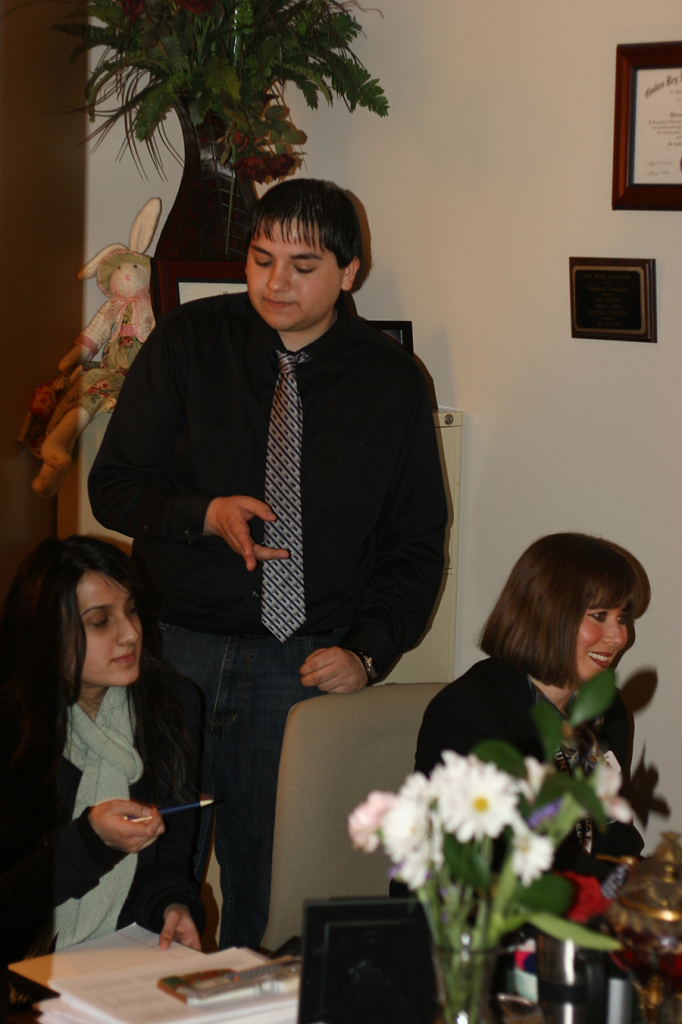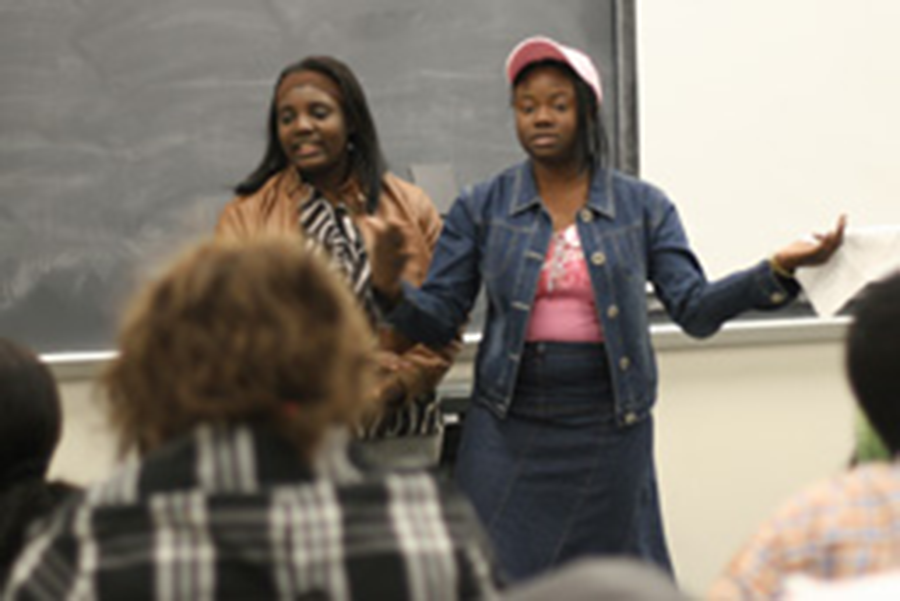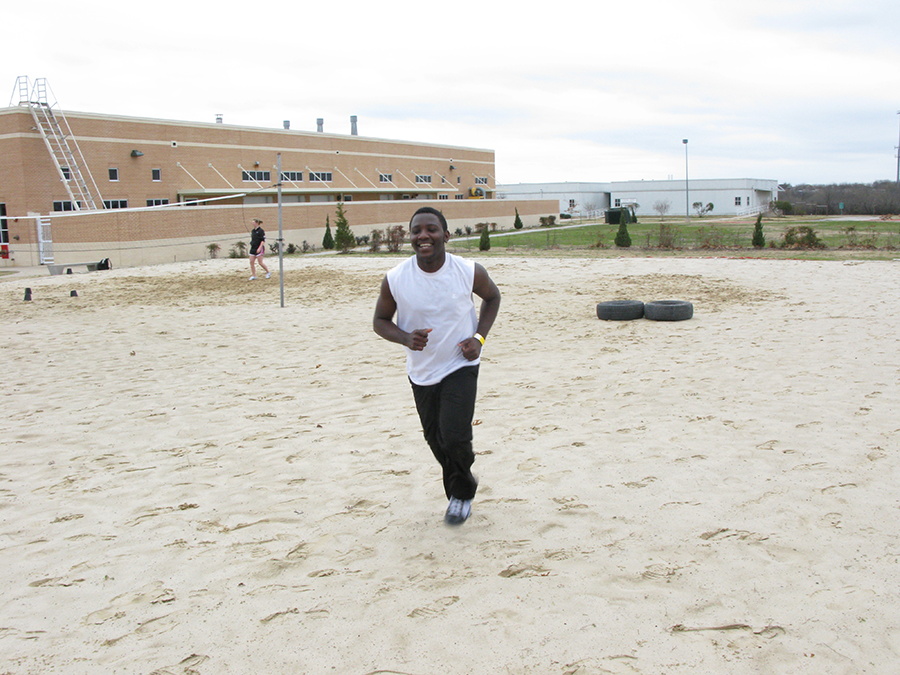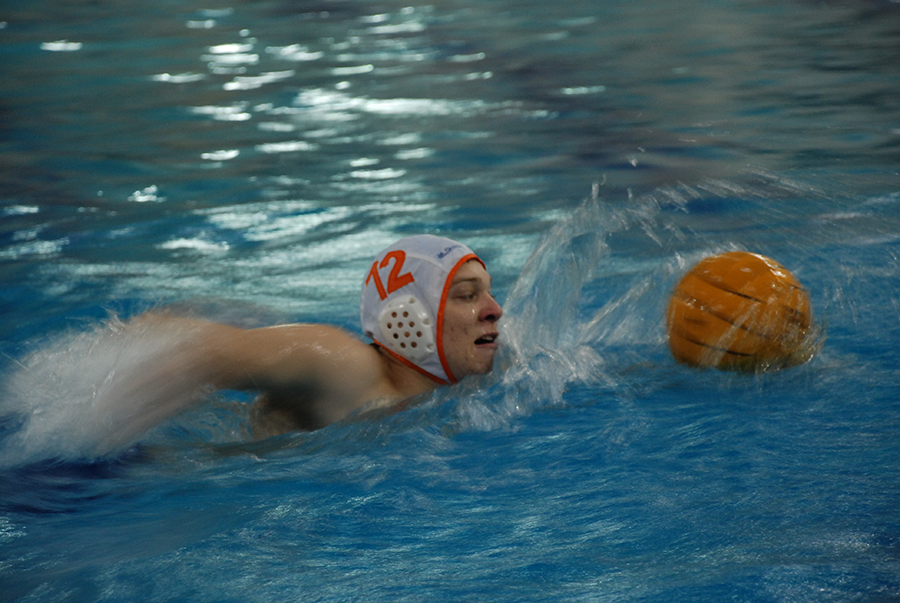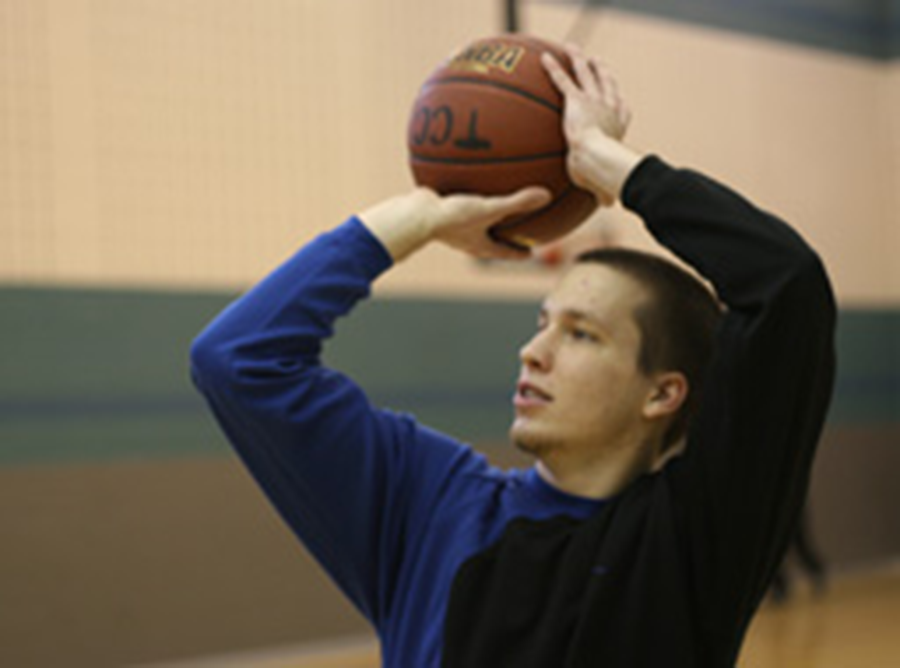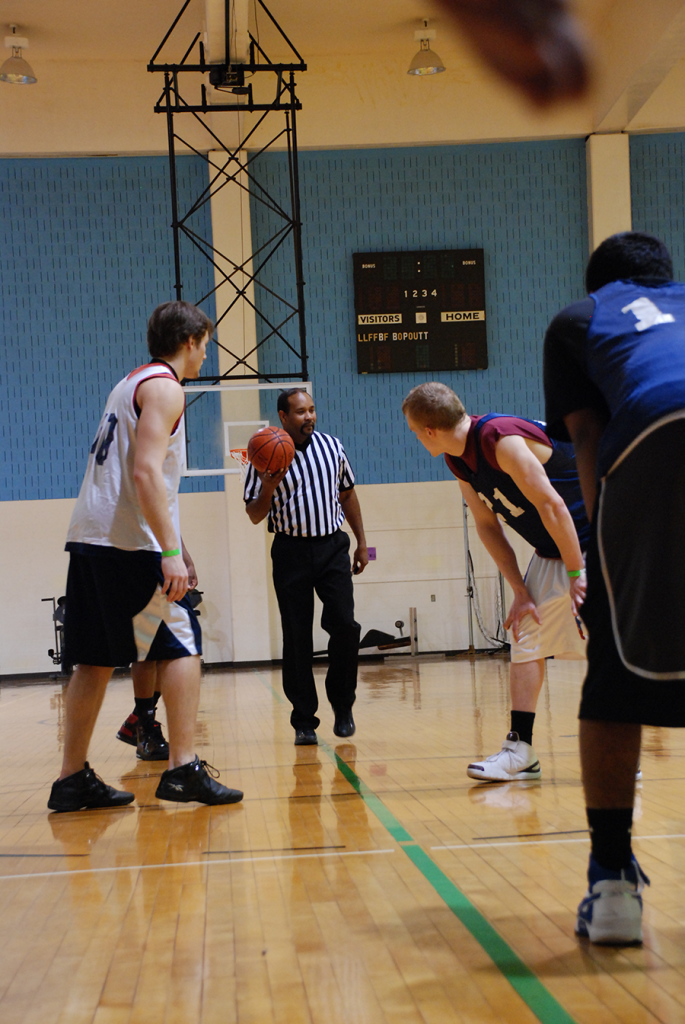By Karen Simonson/reporter
As the 2010 primary election approaches March 2, students might consider their involvement in voting.
“Students’ role in government is to listen, learn, see what’s going on right now and look for ways to improve it,” said SE student Ryan Taylor.
Taylor has voted since the age of 18.
“I always figured if you didn’t do anything, you can’t really complain about it,” he said.
As freshmen in college, students may not be ready to vote in government elections, but they can consider getting involved in local college elections.
Student Keith Cryer said his parents encouraged him to vote when he was first eligible.
“At 18, you’re not really focused on what’s going on in the world,” he said.
Shannon Pexa voted for the first time this past year and said her government teacher encouraged her to vote by showing the class how to register.
“I think it’s important for students to stay informed about what’s going on currently in the government,” she said. “The health care reform is a big deal right now, so it’s important.”
SE Campus student Brian Tebbens believes students should be informed before they vote.
“If you are going to vote, know whom you are voting for because one of the worst things you can do is blindly vote,” he said.
“Being educated is key. If there is something in the community I don’t like, I see who is in charge of that and vote against them. Get out and tell your friends to vote too.”
Student Doug Anderson said the student’s role in government is to learn how it works from an academic standpoint because it’s easy to be influenced by the media, parents and friends.
“Students should have an open mind. Look at the facts,” local businessman Mike Fowler said. “Look at the voting records of members of the House and Senate. Watch the debates on the floor live on C-SPAN because they will actually call the amendments out.
“You will get to see who voted and the debates going back and forth about the bills. You learn a lot about your Congress just watching those debates.”
For those who think their vote doesn’t count, adjunct government instructor Robert McAvoy reminds students of the power of one.
“We have to stand up one by one. Rosa Parks is the power of one. Martin Luther King was a power of one. Cesar Chavez was a power of one,” he said.
McAvoy said students should be prepared as the adults before them to assume some responsibility for the health and integrity of the country’s democratic political system.
“Students who are dedicated in their own school lives to develop a sense of scholarship should recognize how important it is so they aren’t just simply there with their mouths open to be fed,” he said.
Education institutions play a large role in the way students develop skills to become educated and exercise their right to vote responsibly.
“We need to improve their critical thinking skills, their communication skills, not simply the three R’s. We need to add to that list a fairly strong emphasis on listening,” McAvoy said.
Students can access information on voting in Texas at www.sos.state.tx.us.


















